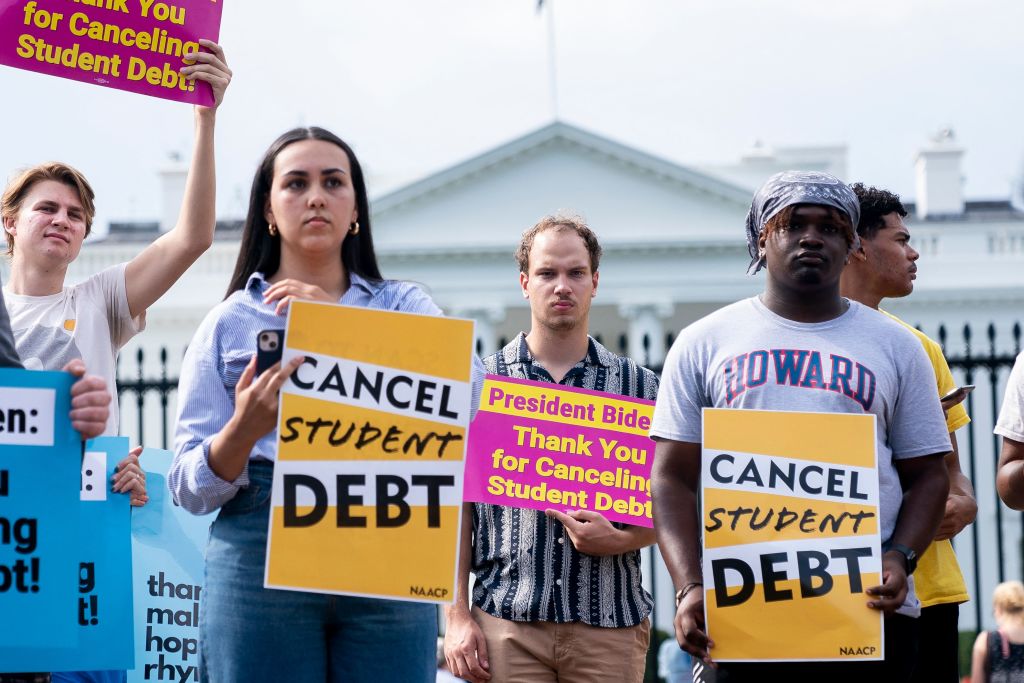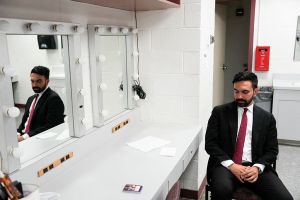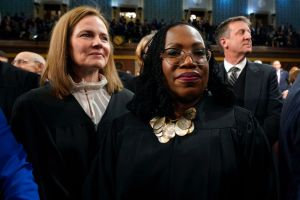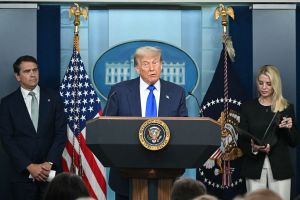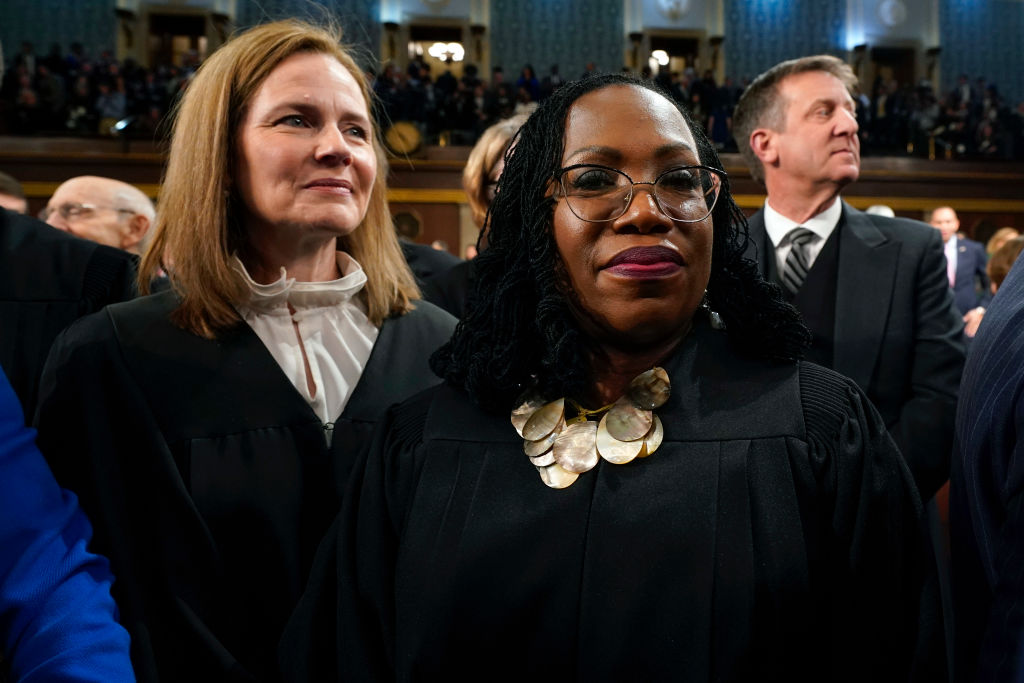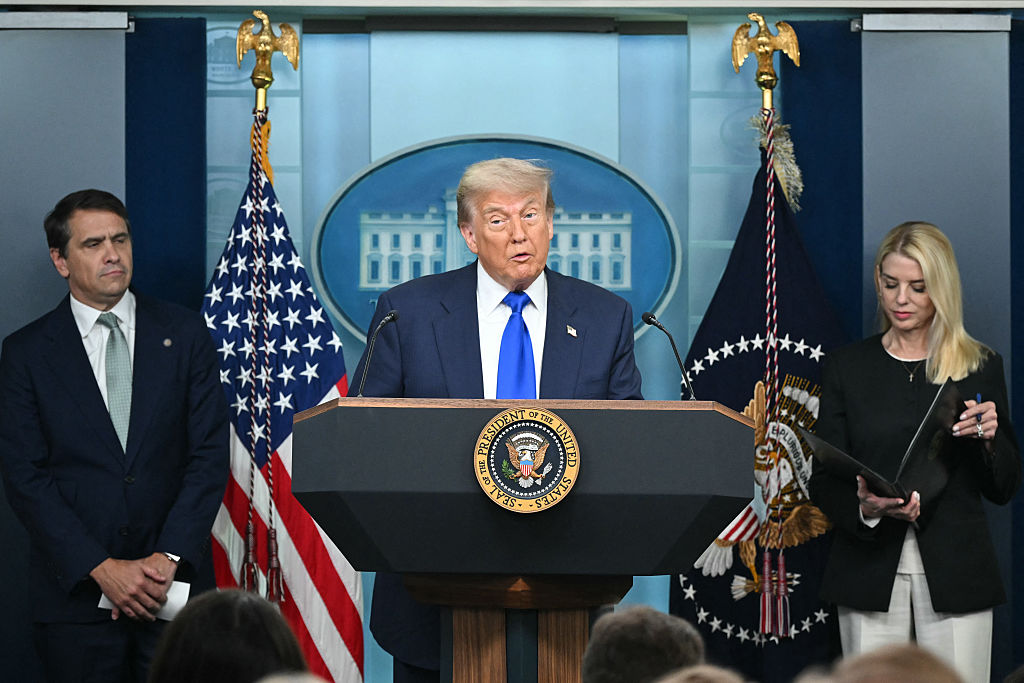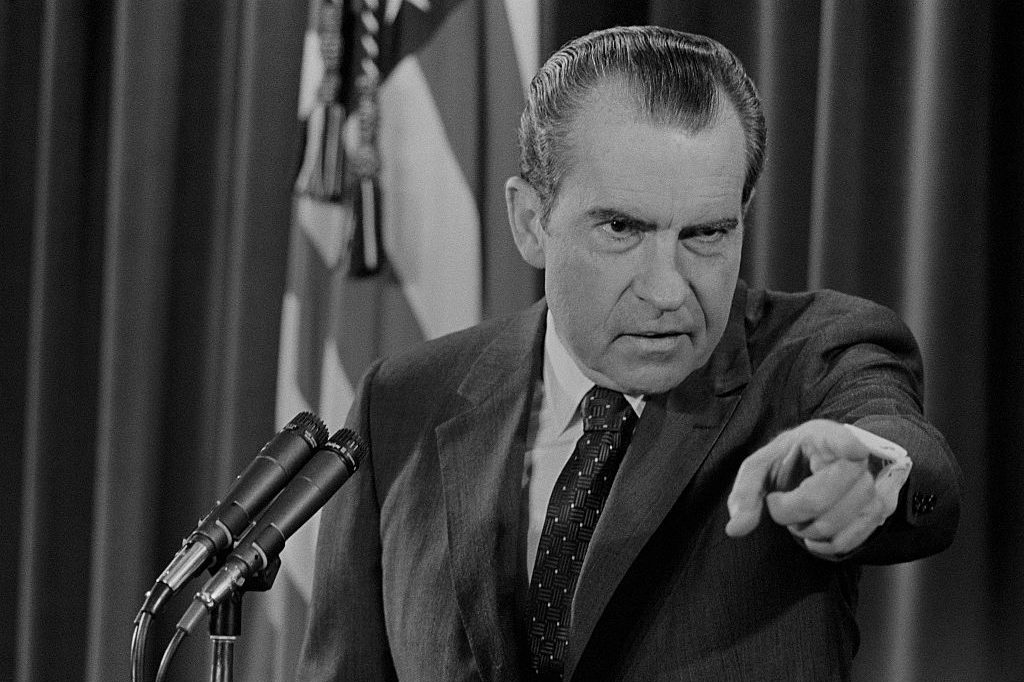Nebraska attorney general Mike Hilgers expressed optimism about the outcome of a Supreme Court case challenging President Joe Biden’s student debt forgiveness program during a Tuesday interview with The Spectator.
Hilgers said following oral arguments on Tuesday morning that the justices asked “very positive” questions about the White House’s authority to institute the program, which would offer up to $20,000 in loan forgiveness to individual borrowers making less than $125,000 a year or $250,000 a year for households.
“To some degree it’s always a little bit of reading the tea leaves, but I thought I the questions the justices asked were very positive. The justices focused pretty pretty heavily on the merits, in terms of where [in the HEROES Act] did Congress give the Department of Education the ability to have a $500 billion student loan discharge,” Hilgers said.
“There were quite a few questions from the chief justice and others about the fairness of this,” he continued. “Why does someone who gets student loan relief in one case, maybe someone else who just decided based on their own personal choices to not go to college, or someone who paid off their student loans early, not get relief here? Those kinds of tradeoffs should be in the hands of Congress versus the secretary of education.”
Nebraska, along with five other states, led a lawsuit against the program and earned an injunction that stopped the federal government from canceling any student debt pending the court’s decision. The Biden administration argues that it has the authority to forgive the loans under the HEROES Act, a piece of legislation passed in 2003 that allows the education secretary to “waive or modify any statutory or regulatory provision” in connection with a “national emergency” — in this case, the White House claims, the Covid-19 pandemic.
Hilgers, however, says a cancellation program extends far beyond the scope of the HEROES Act and must be authorized by Congress.
“‘Modify’ is really just a modest change, maybe maybe extending a deadline a week or two, and ‘waive’ does not mean waiving of debt,” he said. “What neither of those do is permit the Department of Education to create a whole new discharge program.”
He also questioned the administration’s citation of the Covid-19 pandemic as a compelling national emergency, noting that the administration is simultaneously telling the public that the pandemic is over.
“[The federal government] was really relying on the national emergency of the pandemic to be able to do this,” he asserted.
The Supreme Court is currently expected to hand down a decision in the case at the end of its term in June.
“This is an incredibly important separation of powers case,” Hilgers argued. “It’s really the question of whether or not the executive can spend half of trillion dollars on a program that has been hotly debated by Congress, and Congress has decided not to pass. This is a foundational case to ensure that when we say Congress has the power to appropriate and Congress has the power to legislate, we really mean it.”



